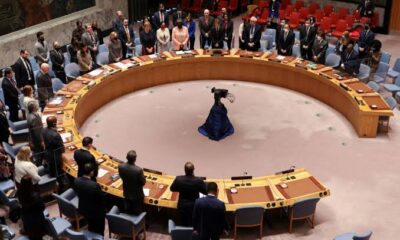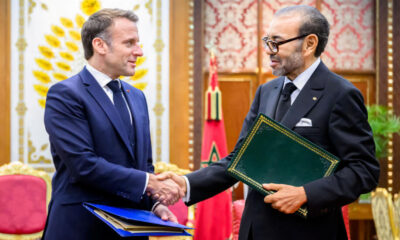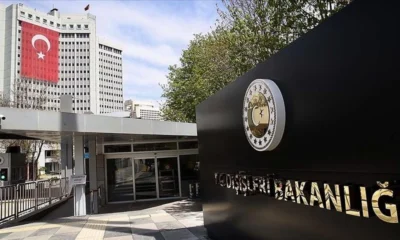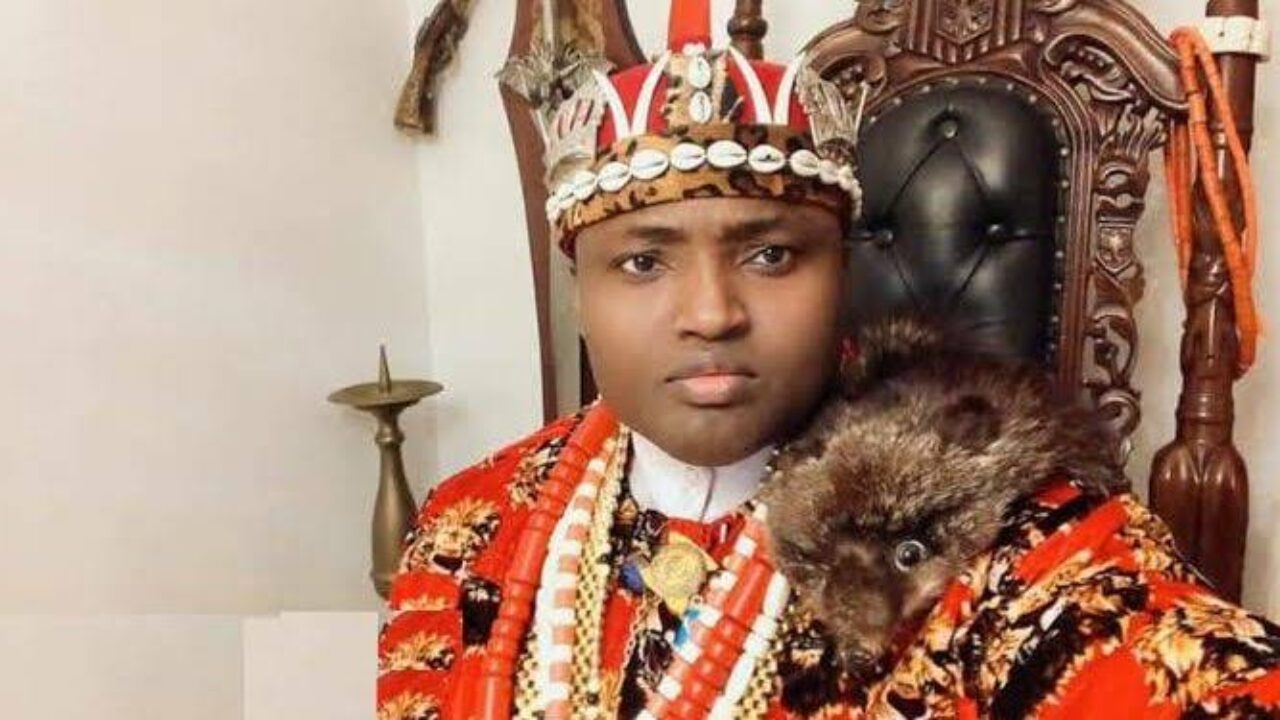Despite announcement that it planned to review its policy with relations to Africa, France’s foreign and military ministers are on official visit to to Niger.
Head of French diplomacy, Catherine Colonna and Armed Forces Minister Sébastien Lecornu are due to hold talks with their Nigerian counterparts on Friday morning, before meeting President Mohamed Bazoum.
A French diplomatic source revealed that the objective of the joint trip is to “embody the civil-military binomial”, and to “show that our approach rests on its two feet.”
France has had its relationship with some African countries turn sour lately with recent anti-French protests in some parts of the continent. The government in Gabon was forced to stop planned protest in May. There were also pockets of “anti-French” protests in South Africa in the month.
The challenge notwithstanding, France is continuing its cooperation with neighbouring Niger, where it will maintain more than a thousand men and air capabilities to provide fire support and intelligence to the Nigerien armies as part of a “combat partnership”.
Recall that Mali’s ruling military junta in May announced that the country would, broke defence ties with her former colonial rulers, France, citing “flagrant violations” of its national sovereignty bu French troops based in the West African country.
Colonna stated earlier in the week before the National Assembly that Paris’ worry about growth on civil government in Africa is more its diplomatic break up with Mali.
“Beyond Mali, the decline in democracy in West Africa is extremely worrying, with successive putsches in Mali twice, in Guinea in September 2021, in Burkina Faso in January this year,” but “France will nevertheless continue, despite these events, this withdrawal from Mali, to help the West African armies to fight against terrorist groups,”
“We are currently holding consultations with our partners concerned to define with them, according to their requests and needs, the nature of the support we can provide,” she explained.
France and Niger historically have strong relations. The two countries are linked through many agreements, in the areas of cultural, legal and defence cooperation. There is much high-level contact between political leaders and regular bilateral visits.
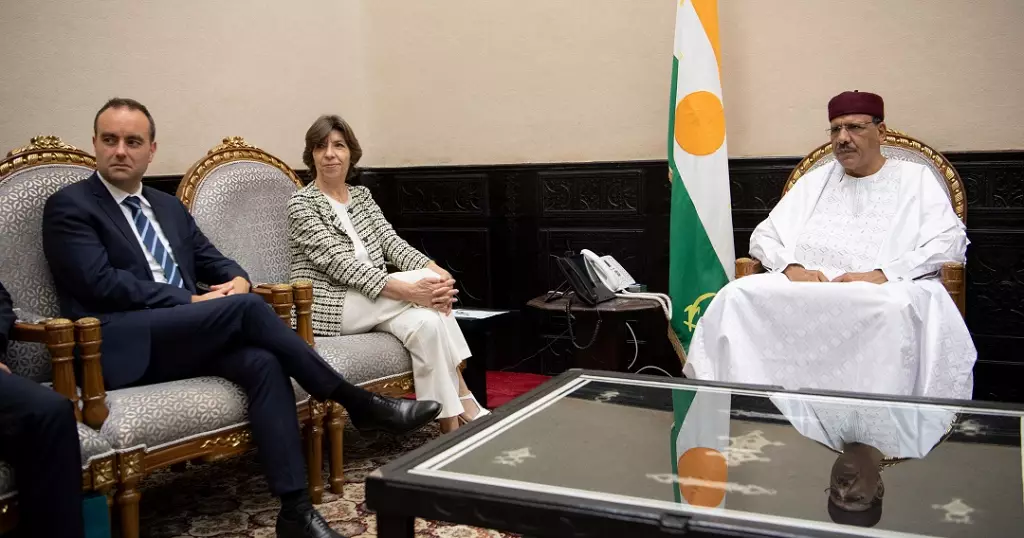

 Metro1 day ago
Metro1 day ago
 Sports1 day ago
Sports1 day ago
 Culture1 day ago
Culture1 day ago
 Politics2 days ago
Politics2 days ago



